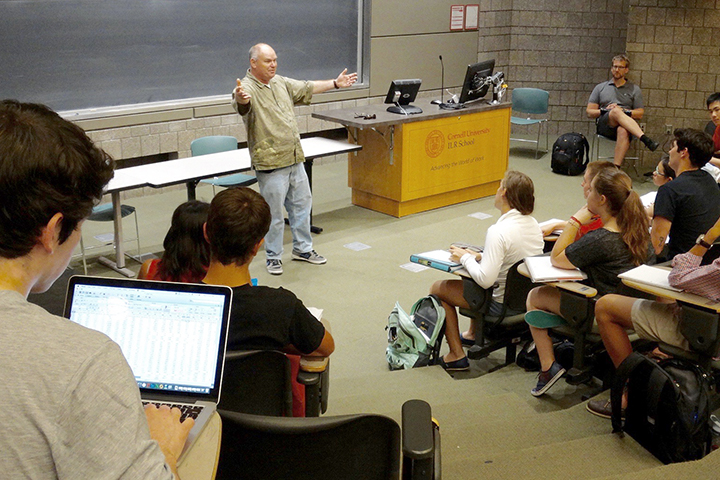ILRLR 2300 Argumentation and Debate

Course description
Students learn the principles of argumentation and debate, including the difference between opinions and arguments, selecting persuasive reasons in support of claims, stakeholder analysis, discerning logical fallacies, framing, comparing impact claims (including ethical appeals), and effective research skills. Students will partner up with their classmates for in-class debates on timely topics. Students will also complete research-based advocacies as written assignments for the course. This course also includes one test, in an open-book (i.e. you can use your notes and consult the textbook) format. Students learn the principles of argumentation and debate. Topics emphasize Internet database research, synthesis of collected data, policy analysis of evidentiary quality, refutation of counter claims, identification of logical fallacies, risk evaluation, framing of issues, and coherent storytelling. Prepares students to work with a great range of opinion and evidence. Emphasizes different viewpoints, including those of different cultures. Assumptions are interrogated.
No upcoming classes were found.
Previously offered classes
The next offering of this course is undetermined at this time.
Student experiences




